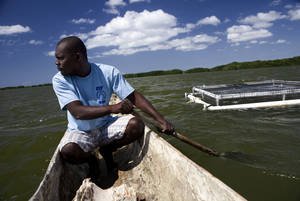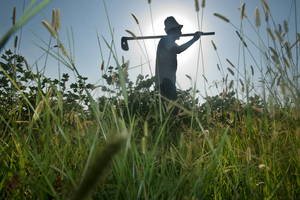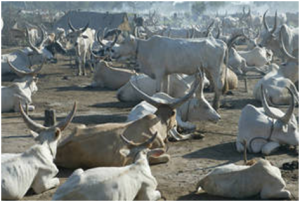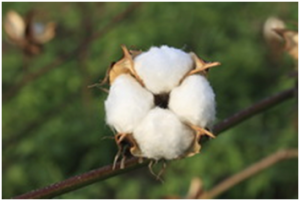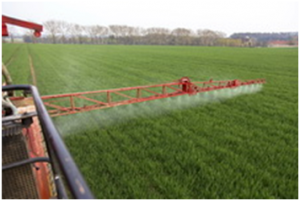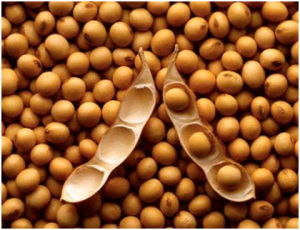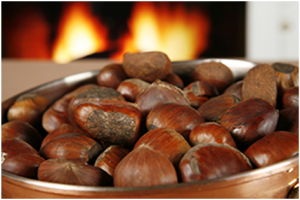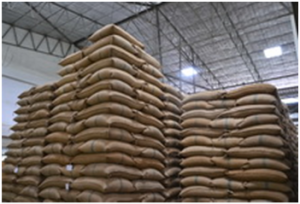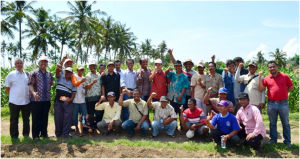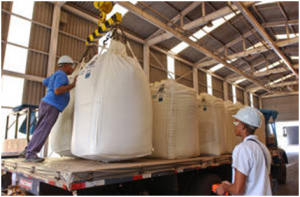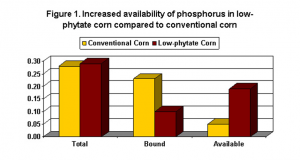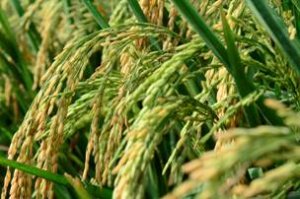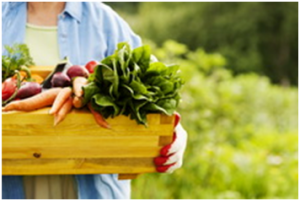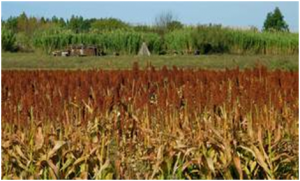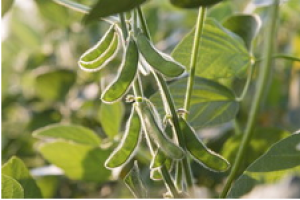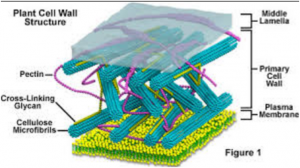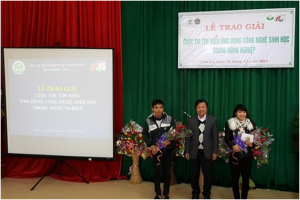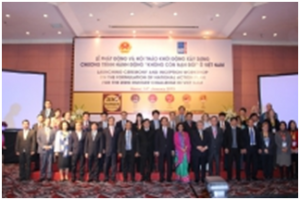|
Kiwifruit Duplicated Its Vitamin C Genes Twice
Wednesday, 2018/10/03 | 08:16:57
|
|
Today's kiwifruit contains about as much vitamin C as an orange. Its genome revealed that this extra boost in vitamin C is the result of the fruit's ancestors' spontaneously duplicating their DNA in two separate evolutionary events approximately 50-57 million and 18-20 million years ago.
The kiwifruit genome has been affected by polyploidization events, and to find out traces of these vents, the researchers compared the kiwi genome to the well-characterized coffee and grape genomes. Kiwis, coffee, and grapes share a common ancestor and thus share large swaths of genetic information. They found that the kiwi's genome often contained four or five copies of a gene in places where the coffee or grape had only one. The kiwi's extra genes included the biological instructions for creating and recycling vitamin C.
Vitamin C is not only for healthy for people, but also for plant growth and resistance to damage. The kiwifruit's superior vitamin C production gave it a leg up in the evolutionary game. In contrast, the coffee bean's advantage was probably its ability to produce caffeine, a natural pesticide that can also kill neighboring plant competition, whereas the chemical producing the grape's purple pigment most likely evolved to protect the plant from extreme temperatures.
For more details, read the open access paper in iScience. |
|
|
|
[ Other News ]___________________________________________________
|


 Curently online :
Curently online :
 Total visitors :
Total visitors :
